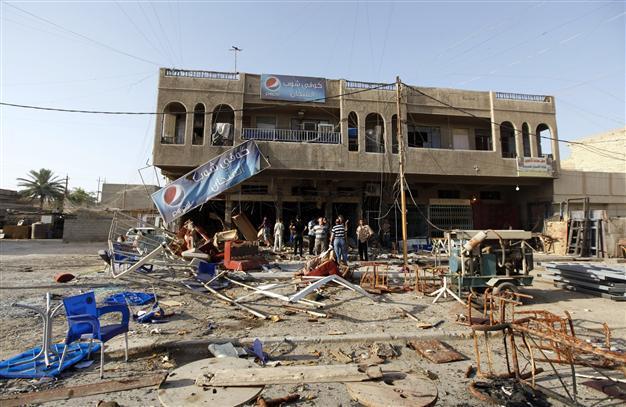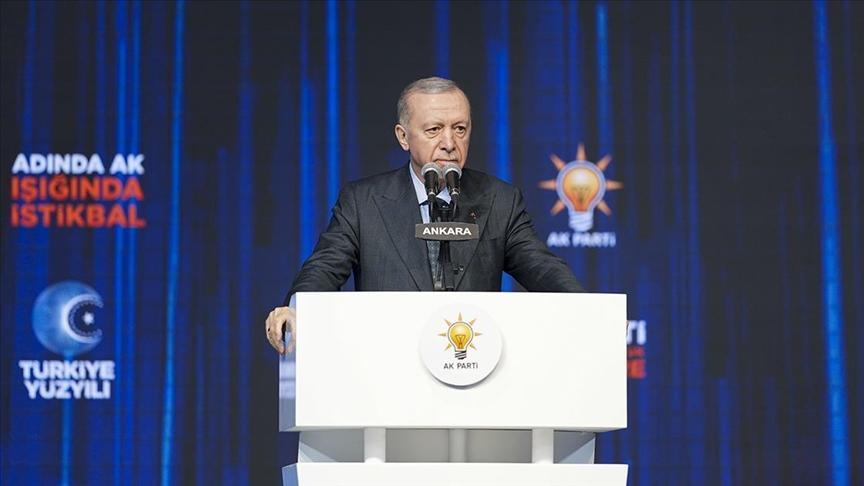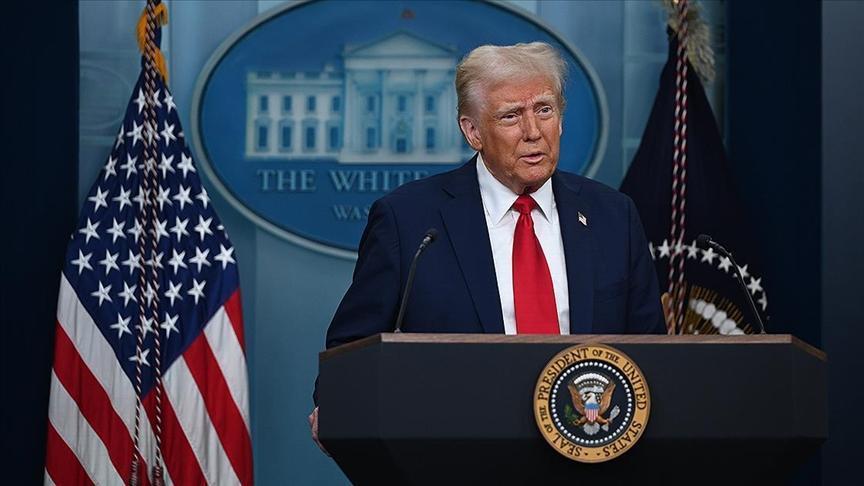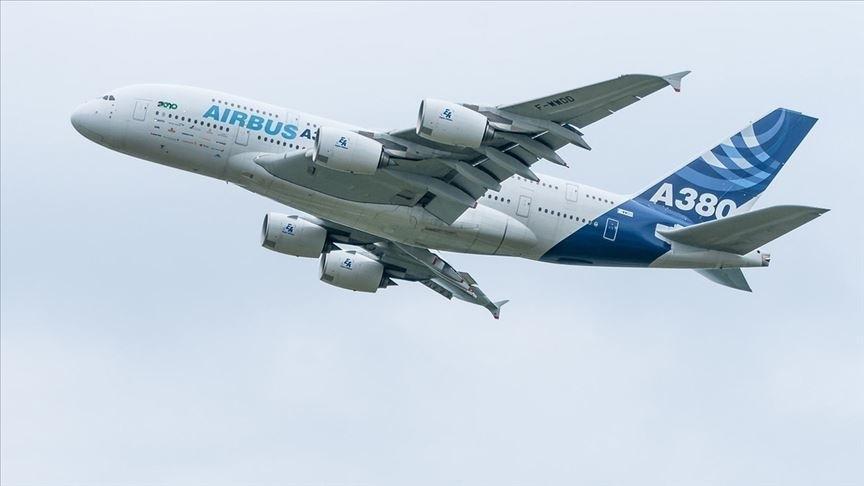Suicide bombers attack Baghdad Shiites, kill 31
BAGHDAD - Agence France-Presse

Residents stand at the premises of a coffee shop that was destroyed in a suicide bomb attack the night before, in Baghdad June 17, 2013. REUTERS Photo
Twin suicide bombings killed 31 people after midday prayers at a Shiite Muslim religious centre in Baghdad on Tuesday, the latest in violence sparking fears of a revival of full-blown sectarian bloodshed.Several students from an adjacent university were among the dead, with dozens of others wounded, while security forces shut down the neighbourhood to vehicle traffic and sought to defuse a suspected car bomb nearby.
The attacks come amid a surge in nationwide unrest, with May the country's deadliest month since 2008, that along with a prolonged political deadlock have stoked concerns that Iraq is moving back to the brutal communal violence that blighted it in 2006 and 2007.
No group immediately claimed responsibility for the attacks, but Sunni militants linked to Al-Qaeda frequently carry out suicide bombings and look to target Shiite Muslims, whom they regard as apostates.
Tuesday's attacks struck at the Habib ibn al-Mudhaher husseiniyah, or Shiite Muslim religious hall, in north Baghdad. It lies next to the Imam al-Sadiq university, a private teaching institution.
Many victims were university students who were taking a break from studying for their exams to pray.
"What sins did these innocent students commit?" asked Mustafa Kamil, a student who was about to leave the site of the attacks to visit the morgue to help identify the dead.
"They gathered here for prayer. Does any religion accept killing innocent human beings?" the 20-year-old continued, his eyes red from crying.
"A few minutes ago, I was standing with my friend, and he asked me to go pray together. But I told him I wanted to study some more, to be ready for our exams.
"He said, 'I am going to pray, God will help me succeed'. He went, and now he will never come back." According to witnesses and officials, the bombers, who were dressed in suits, began by gunning down the building's guard, followed by the first attacker blowing himself up at the entrance to the hall.
The second militant took advantage of the ensuing chaos and ran through the crowd before setting off his explosives inside the husseiniyah itself.
Soldiers standing guard at the scene said the inside of the building was covered in blood, with the walls and ceiling badly damaged by ball bearings, used by the suicide bombers to maximise the bloodshed.
Meanwhile, bombings elsewhere in Baghdad and north of the capital in Salaheddin province killed two people and wounded six.
There has been a heightened level of unrest since the beginning of the year in Iraq, coinciding with rising discontent among the Sunni Arab minority that erupted into protests in late December.
Analysts say a lack of effort by the Shiite-led authorities to address the underlying causes of the demonstrations has given militant groups fuel and room to manoeuvre to carry out their activities.
















